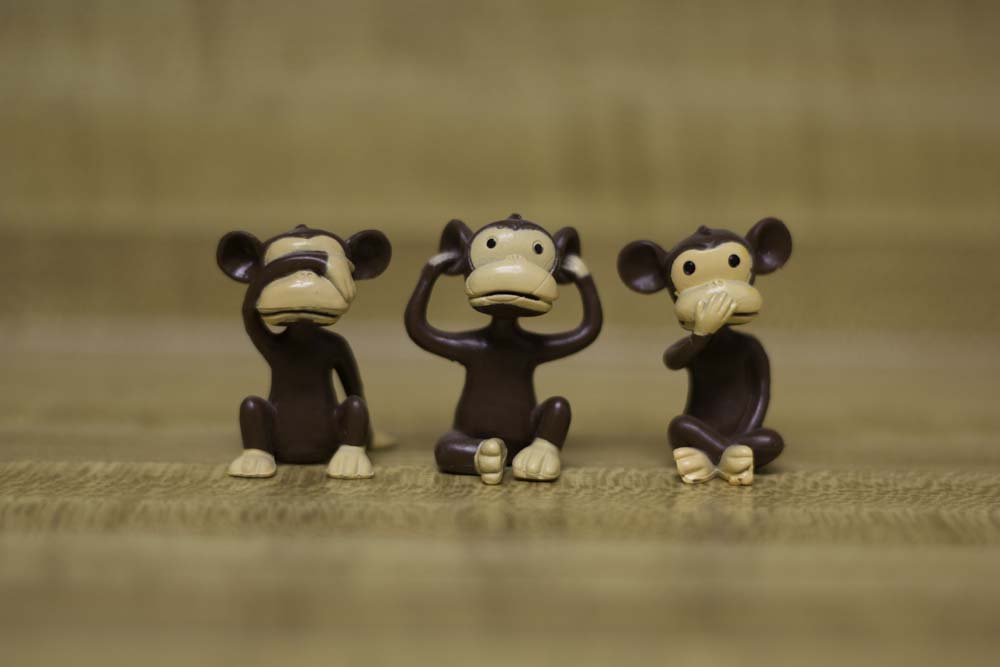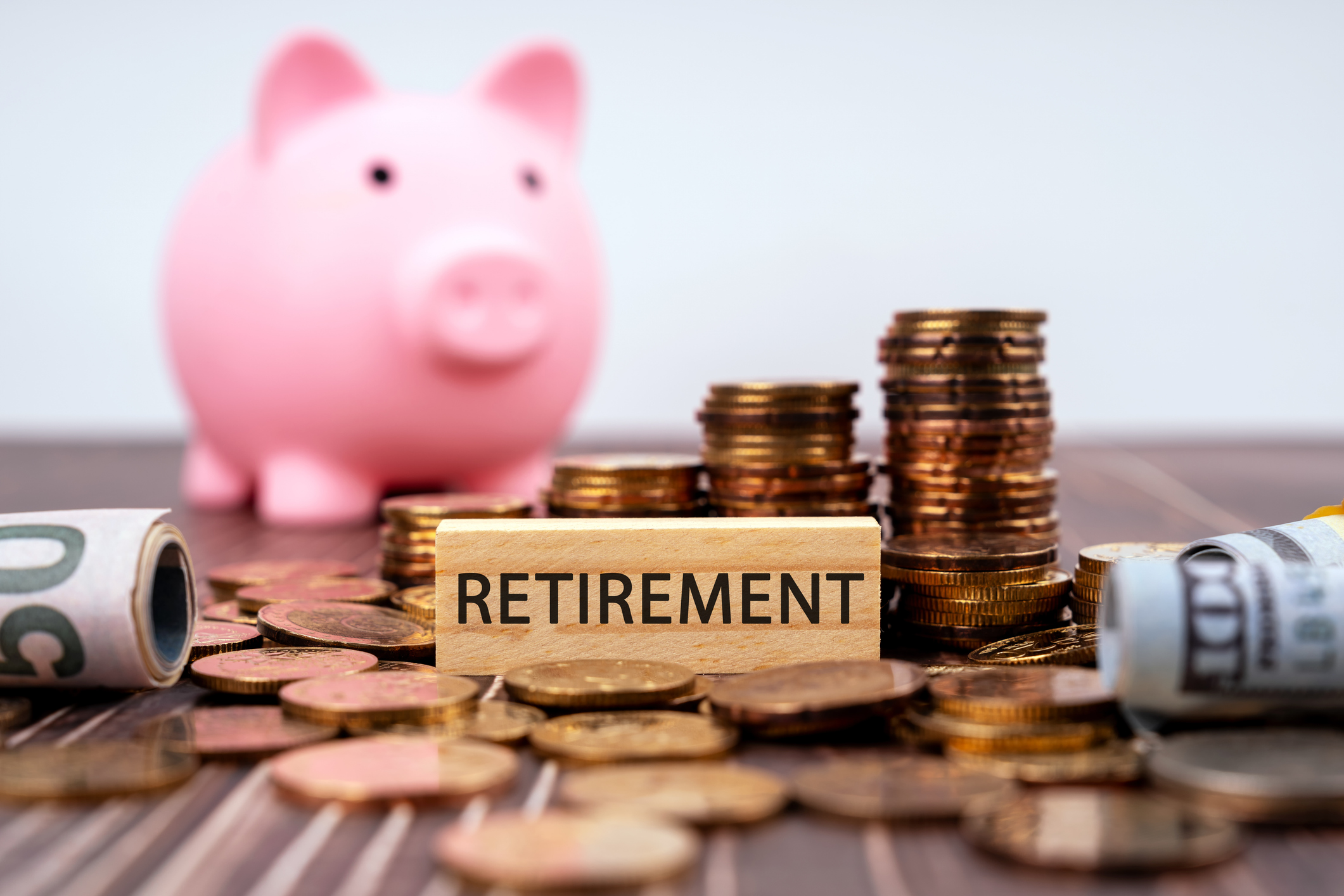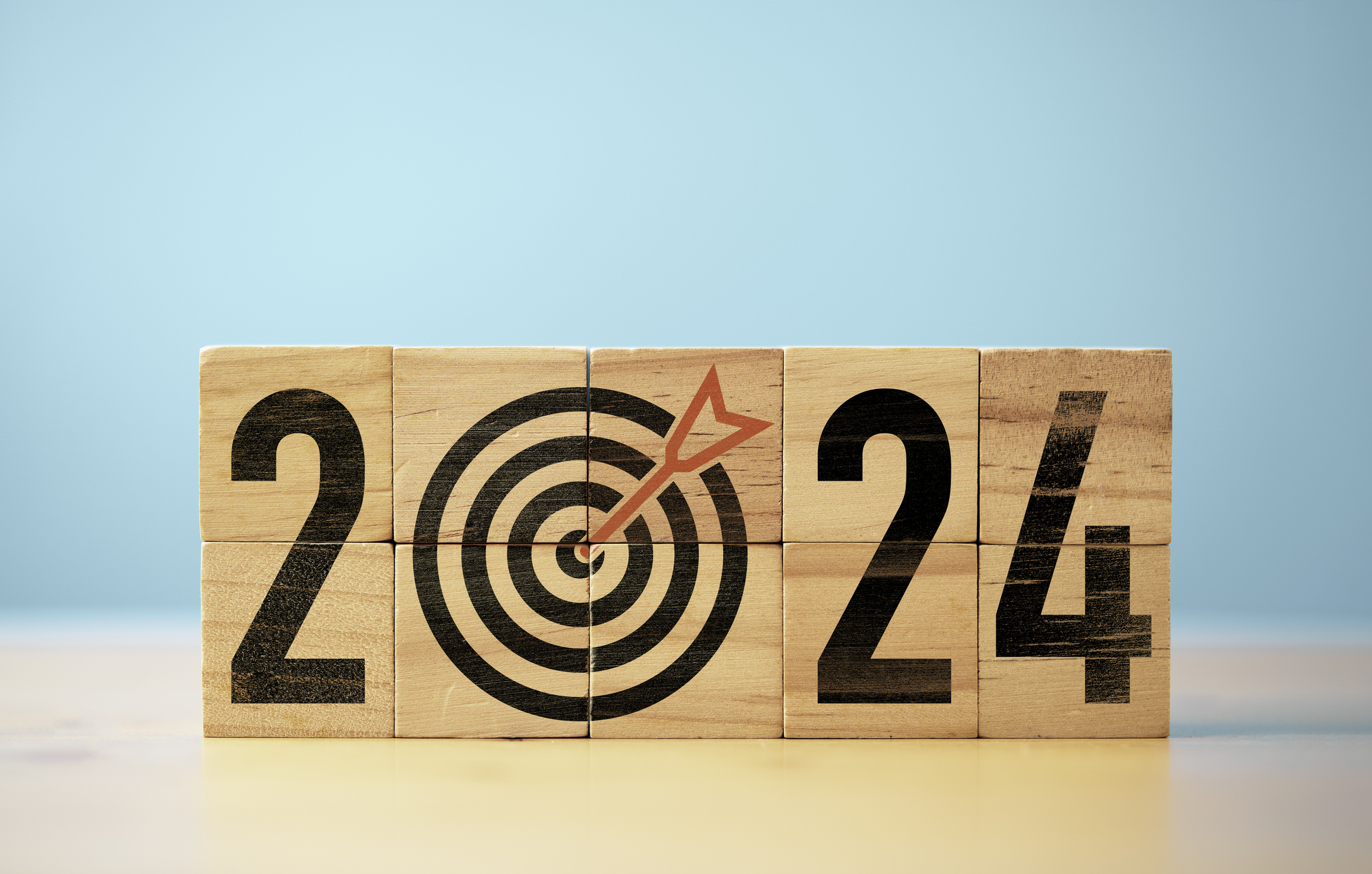Don't Let the Day's News Drive Your Investing
Constantly checking market results practically begs you to do something, even if doing nothing is the best course.


Profit and prosper with the best of Kiplinger's advice on investing, taxes, retirement, personal finance and much more. Delivered daily. Enter your email in the box and click Sign Me Up.
You are now subscribed
Your newsletter sign-up was successful
Want to add more newsletters?

Delivered daily
Kiplinger Today
Profit and prosper with the best of Kiplinger's advice on investing, taxes, retirement, personal finance and much more delivered daily. Smart money moves start here.

Sent five days a week
Kiplinger A Step Ahead
Get practical help to make better financial decisions in your everyday life, from spending to savings on top deals.

Delivered daily
Kiplinger Closing Bell
Get today's biggest financial and investing headlines delivered to your inbox every day the U.S. stock market is open.

Sent twice a week
Kiplinger Adviser Intel
Financial pros across the country share best practices and fresh tactics to preserve and grow your wealth.

Delivered weekly
Kiplinger Tax Tips
Trim your federal and state tax bills with practical tax-planning and tax-cutting strategies.

Sent twice a week
Kiplinger Retirement Tips
Your twice-a-week guide to planning and enjoying a financially secure and richly rewarding retirement

Sent bimonthly.
Kiplinger Adviser Angle
Insights for advisers, wealth managers and other financial professionals.

Sent twice a week
Kiplinger Investing Weekly
Your twice-a-week roundup of promising stocks, funds, companies and industries you should consider, ones you should avoid, and why.

Sent weekly for six weeks
Kiplinger Invest for Retirement
Your step-by-step six-part series on how to invest for retirement, from devising a successful strategy to exactly which investments to choose.
If you’re looking for a completely delightful experience, disconnect yourself from the markets for a few weeks—maybe longer. Don’t read the news. Don’t watch the indexes. Don’t check your portfolio. Just go away and live a normal life. See things. Touch nature. Sing. Hike. Dance. Meet people. Talk with your family. Once you return to reality and review the investment news you missed, you may well conclude that ignorance really is bliss.
That is how things used to be, when my kids were small and I didn’t have the time to constantly check my portfolio. But now that they’re grown and it has become so easy to obtain information, I find myself checking news and market results multiple times daily. And all that checking practically begs you to do something, even if doing nothing is the best course. It took a two-week vacation to Panama and Ecuador, primarily to visit the Galapagos Islands, for me to relearn the lesson that less can be better than more.
I admit that it was hard to withdraw from my investment-centric world. In fact, we booked our flights on Copa Airlines just so I could get a firsthand view of one of my Practical Investing portfolio’s worst performers, Copa Holdings (symbol CPA, $62). The stock has been a nightmare, but our flights were dreamy, taking us back to an era when planes served full meals and booze free, and departed and arrived on time. (Share prices are as of March 1.)
From just $107.88 $24.99 for Kiplinger Personal Finance
Become a smarter, better informed investor. Subscribe from just $107.88 $24.99, plus get up to 4 Special Issues

Sign up for Kiplinger’s Free Newsletters
Profit and prosper with the best of expert advice on investing, taxes, retirement, personal finance and more - straight to your e-mail.
Profit and prosper with the best of expert advice - straight to your e-mail.
Copa dominates Tocumen International Airport, which lets you avoid a slog through Panamanian customs when you’re passing through to other parts of Latin America. But I suspect that few Americans are familiar with Copa, which serves just 12 U.S.
airports. Most of our shipmates in the Galapagos had been steered to U.S. carriers, even though it meant that many traveled hours out of their way. I think Copa has the potential to attract many more U.S. travelers, so I am keeping the shares for now.
I actually thought I might stay connected during the trip because the sales literature promised Wi-Fi on the ship. The promise proved to be mostly a tease, as service was spotty. But the electronic deprivation turned out to be a blessing in disguise. I had a wonderful time living in the moment and, to quote Shakespeare, we missed a lot of “sound and fury, signifying nothing.”
In the meantime, the markets fluctuated without me. When we arrived home, my portfolio was worth a bit more than it was when I left, despite a sharp drop in early February that would surely have unsettled me had I known about it in real time.
Portfolio moves. That said, I made a few moves in the portfolio both before and after my vacation. As I mentioned last month, I bolstered my position in Apple (AAPL, $101). I also bought 150 shares of biotechnology giant Gilead Sciences (GILD, $90) for $90.81 apiece in late January. And I bought 550 shares of General Motors (GM, $30) for $28.58 in late February. GM sells for just 5.5 times estimated 2016 earnings, about two-thirds less than the overall market’s price-earnings ratio. That seems ridiculously cheap, though I’m aware that many experts suggest selling shares of a cyclical company, such as an automaker, when its P/E is in the gutter, on the theory that earnings are at or near a peak and have nowhere to go but down. But I don’t think GM’s profits have peaked yet for this cycle. Plus, the stock boasts a healthy 5.1% dividend yield.
Finally, I unloaded my stake in Microsoft (MSFT, $53), even though I’d previously called it a core holding. The stock has been on a roll since I bought it four years ago. With the P/E now more than twice the firm’s estimated earnings-growth rate, the shares have gotten too pricey for my taste. But this is one sell decision I’m not anguishing over. I walk away from Microsoft with a gain of 123%, including dividends.
Profit and prosper with the best of Kiplinger's advice on investing, taxes, retirement, personal finance and much more. Delivered daily. Enter your email in the box and click Sign Me Up.

-
 The Cost of Leaving Your Money in a Low-Rate Account
The Cost of Leaving Your Money in a Low-Rate AccountWhy parking your cash in low-yield accounts could be costing you, and smarter alternatives that preserve liquidity while boosting returns.
-
 I want to sell our beach house to retire now, but my wife wants to keep it.
I want to sell our beach house to retire now, but my wife wants to keep it.I want to sell the $610K vacation home and retire now, but my wife envisions a beach retirement in 8 years. We asked financial advisers to weigh in.
-
 How to Add a Pet Trust to Your Estate Plan
How to Add a Pet Trust to Your Estate PlanAdding a pet trust to your estate plan can ensure your pets are properly looked after when you're no longer able to care for them. This is how to go about it.
-
 The Most Tax-Friendly States for Investing in 2025 (Hint: There Are Two)
The Most Tax-Friendly States for Investing in 2025 (Hint: There Are Two)State Taxes Living in one of these places could lower your 2025 investment taxes — especially if you invest in real estate.
-
 The Final Countdown for Retirees with Investment Income
The Final Countdown for Retirees with Investment IncomeRetirement Tax Don’t assume Social Security withholding is enough. Some retirement income may require a quarterly estimated tax payment by the September 15 deadline.
-
 How Inflation, Deflation and Other 'Flations' Impact Your Stock Portfolio
How Inflation, Deflation and Other 'Flations' Impact Your Stock PortfolioThere are five different types of "flations" that not only impact the economy, but also your investment returns. Here's how to adjust your portfolio for each one.
-
 Why I Still Won't Buy Gold: Glassman
Why I Still Won't Buy Gold: GlassmanOne reason I won't buy gold is because while stocks rise briskly over time – not every month or year, but certainly every decade – gold does not.
-
 Should You Use a 25x4 Portfolio Allocation?
Should You Use a 25x4 Portfolio Allocation?The 25x4 portfolio is supposed to be the new 60/40. Should you bite?
-
 Retirement Income Funds to Keep Cash Flowing In Your Golden Years
Retirement Income Funds to Keep Cash Flowing In Your Golden YearsRetirement income funds are designed to generate a reliable cash payout for retirees. Here are a few we like.
-
 10 2024 Stock Picks From An Investing Expert
10 2024 Stock Picks From An Investing ExpertThese 2024 stock picks have the potential to beat the market over the next 12 months.
-
 Special Dividends Are On The Rise — Here's What to Know About Them
Special Dividends Are On The Rise — Here's What to Know About ThemMore companies are paying out special dividends this year. Here's what that means.